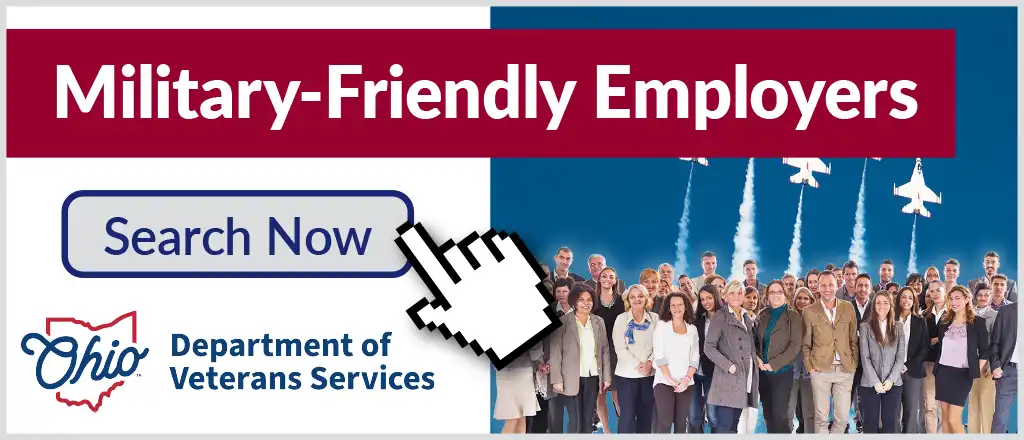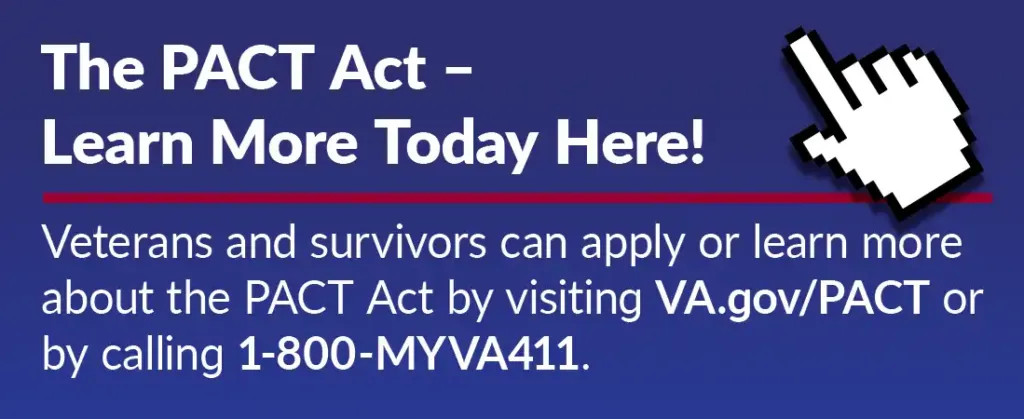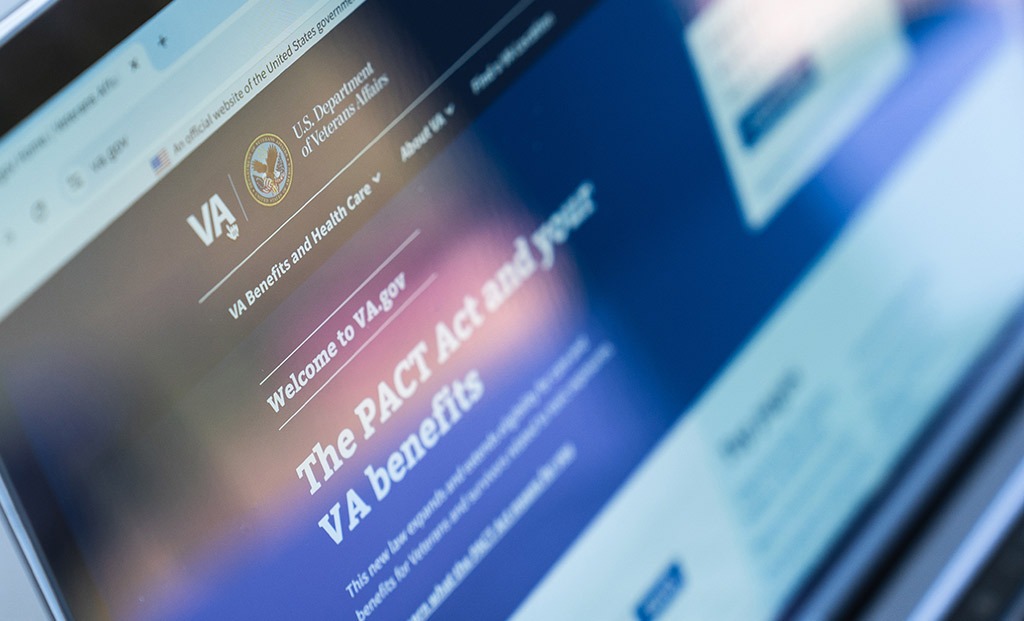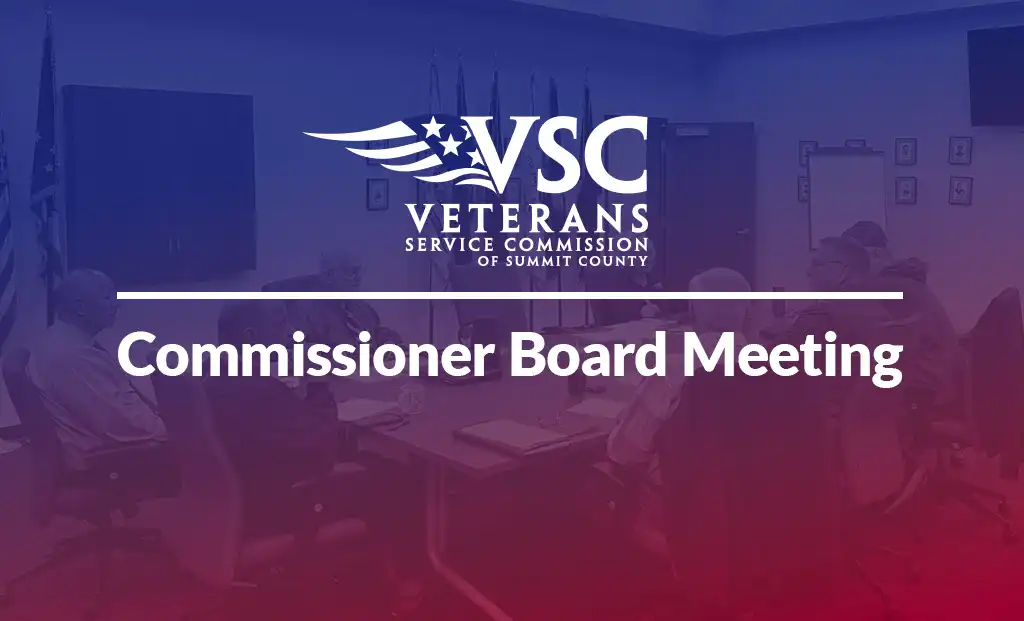
Larry D. Moore
Veterans, Stay Sharp: VA Scam Alert
Clever scammers are targeting Veterans, surviving spouses and family members who receive VA benefits. They pretend to be official VA representatives and use official communication channels to demand repayment for alleged benefits overpayments. Fraudulent letters, emails and texts often include fake VA letterheads and logos, making it difficult to distinguish genuine VA communications from scams.
Common tactics used by scammers:
- Fake VA letterheads and logos: Scammers often use fake VA letterheads, logos and even spoofed phone numbers to make their communication appear authentic.
- Claims of overpayment: Scammers claim you have been overpaid on your VA benefits and now owe money back to VA.
- Pressure tactics: Scammers may pressure you into making immediate payments directly to them instead of through official VA payment channels. Requests for payment via wire transfers, bitcoin, prepaid debit cards, money transfers or gift cards are often signs of a scam.
- Requests for sensitive information: Scammers may ask for sensitive information, such as your VA login credentials, password or financial information.
How to protect yourself:
- Verify the authenticity of the letter: If you receive a letter or communication about a VA benefits overpayment, log into your official VA.gov account immediately to verify if you truly owe money.
- Be cautious of unsolicited contact: Be wary of unsolicited emails or texts asking for personal details or directing you to external websites that are not part of VA.gov.
- Do not pay upfront fees: If someone demands an upfront payment to help with your VA debt or claims, it is a scam.
- Never share sensitive information, such as social security numbers, bank account details or credit card information when responding to unsolicited requests.
Being aware of common fraud tactics and following recommended precautions can significantly reduce your risk of falling victim to fraud. Always verify information through VA.gov and treat any suspicious communication with caution. Protecting your personal information and promptly reporting any suspicious activity can help ensure your benefits and personal data remain protected.
How to report VA overpayment scams:
Contact VA: If you have been the target of a scam or suspect of fraudulent activity, contact VA immediately at 1-800-827-1000. Veterans who suspect they have experienced fraud can find out more and report to the appropriate agency online at VSAFE.gov or calling (833) 38V-SAFE.
In Appreciation,

Executive Director
![]()






